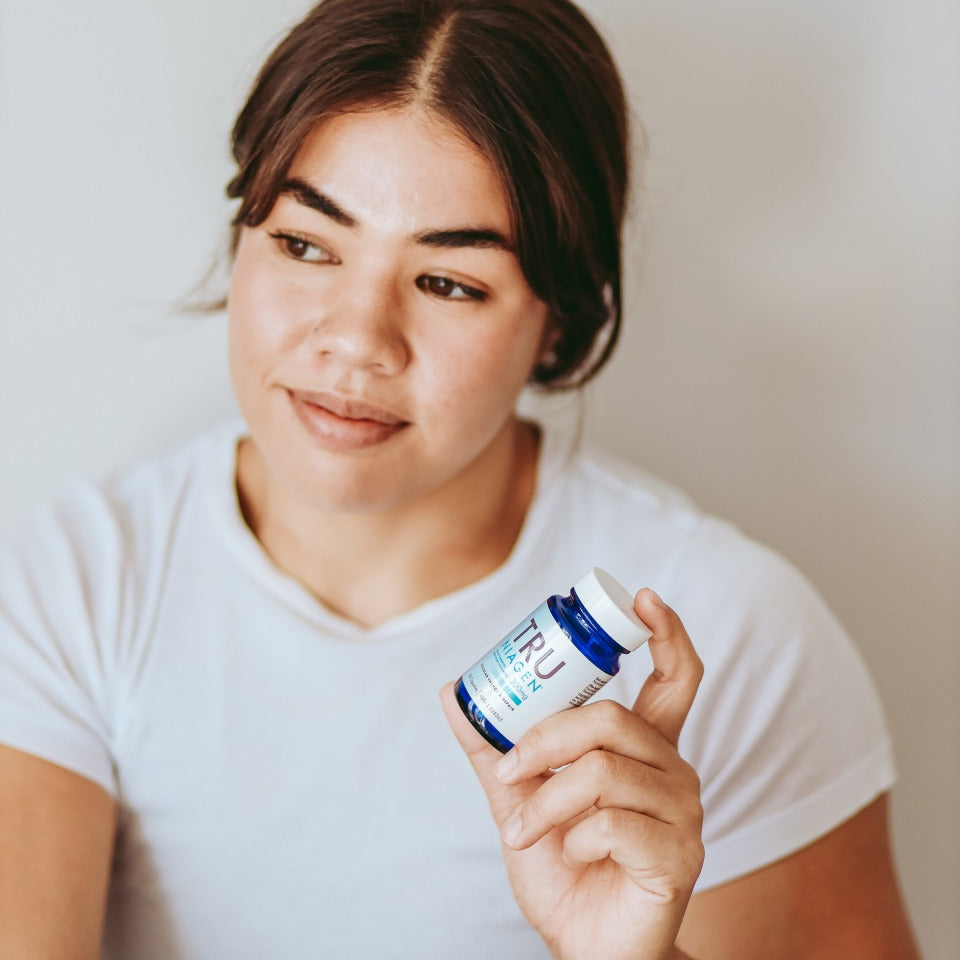
How lifestyle habits and stressors affect NAD+ levels
The idea of a healthy lifestyle has permeated modern culture, and for good reason. Healthy lifestyle practices help to combat the numerous stressors we all face every day—stressors that affect NAD+ levels.
How lifestyle stressors affect your cells

Cellular stressors deplete NAD+
All of these stressors can damage your cells over time, which can create a cycle of depleted NAD+, leading to more cellular dysfunction, leading to less NAD+, and on and on. The loop of cellular stress and NAD+ depletion can accelerate the signs of ageing over time, and is implicated in the development of a wide range of health conditions.
Backed by 25 years of research & innovation
-
35+
Human Clinical Studies
Backed by peer-reviewed published studies.
-
2
Nobel Prize Winners
Endorsed by a Scientific Advisory Board of world-leading researchers.
-
50+
Patents
Backed by innovation gold standards in the supplement space.
-
500+
Published Scientific Studies
NR is well-researched in published preclinical and clinical studies.







